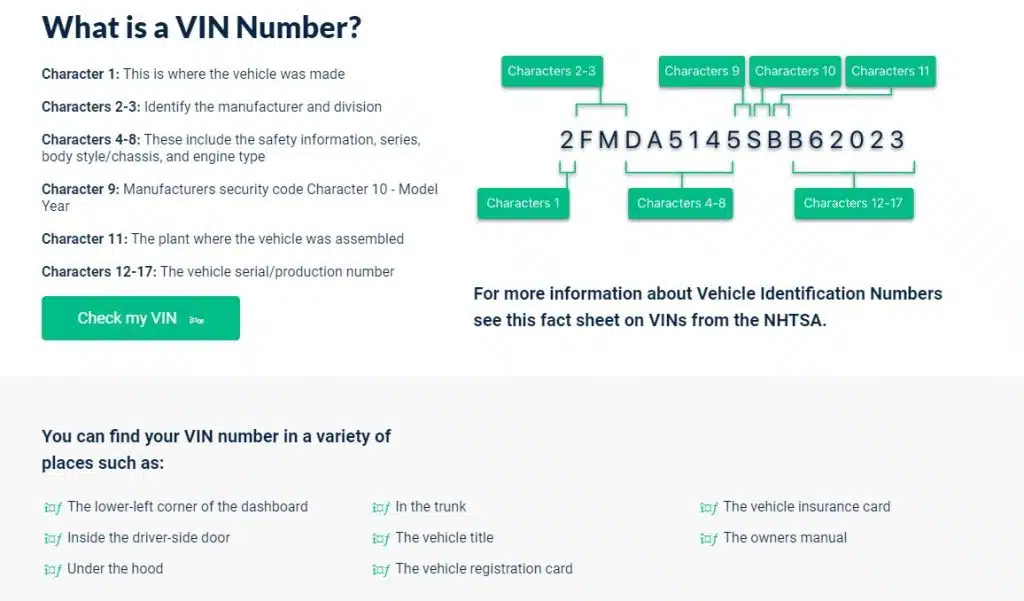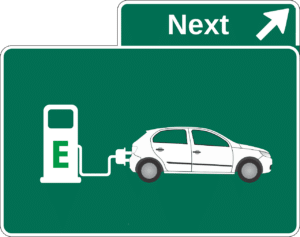When you are shopping for a new vehicle, you will often hear the term “MSRP.” This term stands for Manufacturers Suggested Retail Price. This is the price car manufacturers provide dealerships as a starting point for selling their vehicles.
The MSRP is also commonly referred to as the “sticker price” or the recommended or suggested price for the vehicle. In most cases, this is not what you will pay for the vehicle.
The MSRP Notification is Law
Federal law requires the vehicle’s suggested retail price to be posted on the car in an easy-to-find location. The law further states the retail price must provide a detailed breakdown of what contributed to that price. This means all special features and their costs must be listed.
This law was created by Senator Mike Monroney, and the sticker is often called the Monroney Sticker within the automotive industry.
Using the MSRP to Negotiate a Better Price
The MSRP on a new vehicle should just serve as a starting point for when you begin to negotiate the cost. Dealers receive many incentives from the manufacturers for selling their vehicles, and this gives them room to play with the actual selling price.
Dealers may also offer incentives for purchasing the vehicle. These incentives may include a lower interest rate on your loan, discounts on the vehicle, or a cash-back option after purchase.
The MSRP does not include dealer add-ons to the vehicle, which will increase the price. These add-ons may be things like luggage racks, a full-size spare tire, or even special coatings for the paint. You will need to take this into consideration when you are negotiating because these upgrades will be included in the final price.
Another cost you will not be able to overlook when negotiating a car deal is the Destination Charge. This is the actual charge that the car manufacturer charges to have the new vehicle brought to the dealership itself. Destination charges are always included in the price of a new vehicle.
In some regions, there may be additional charges applied to new cars that cannot be changed. Some states have enacted “gas guzzler” taxes on vehicles that consume a lot of fuel to operate. Other states have incentives to purchase hybrid or electric vehicles that may help reduce the price of your car. Speak with your sales rep to see if there are any additional incentives available for any new vehicle that you are considering.
Most sales reps are willing to negotiate the price of the vehicle if it ensures a sale. After all, these sales reps work on commission. However, it’s important to understand, there are some instances when a car will sell for significantly more than the MRSP.
Some special edition cars, low-production vehicles, or high-demand vehicles may sell for more than the MSRP. This is due to demand and consumers who are willing to pay more to have access to these vehicles. This does not happen all the time, so you generally don’t have to worry unless you are looking for a specialty vehicle.

How Does MSRP Affect Used Vehicle Pricing?
The answer is simple. It doesn’t. MSRP only applies to brand-new vehicles. Once a vehicle has been purchased and used, different factors will determine the value of the vehicle when it is resold.
Some of the considerations that go into used car pricing include:
* The number of owners
* Previous use of the vehicle (was it a rental car or service vehicle?)
* Accident history including how and where vehicle repairs were made.
* The number of recalls and how many have been repaired
* Maintenance records
* Appearance of interior and exterior of the vehicle
* Special features, including special mechanical parts, technology, or interior upgrades.
* Make, model and year
* Demand for that vehicle in the used market
* Type of title. Salvage titles can be a problem for many buyers
Knowing a vehicle’s history before you make the purchase is crucial to determine if the asking price of the car is valid. Just because a vehicle is a certain make or model does not automatically mean that it holds a specific resale value.
If you are purchasing from a private seller, knowing the history of the vehicle is even more important. Some used vehicles may have bad titles or have been written off as salvage, even if they appear to look great now. This could lead to problems for you later when you try registering the vehicle or getting insurance.
Purchasing a used vehicle from a reputable dealership that sells certified used vehicles or used vehicles that come with history reports will generally be a safer option. This ensures that you, as the buyer, clearly know how the used vehicle was used and treated prior to your purchase.
When Purchasing A Vehicle
Always remember to run a VINsmart report on any used vehicle before making a purchase. A VINsmart report runs a complete history on the vehicle including whether it has ever been reported as stolen, involved in a major accident, or listed as a totaled vehicle.
VINsmart reports will also give you a registration history and mileage at registration. It reports any significant incidents related to the vehicle, such as being involved in a fire or flood.
When you are purchasing a used vehicle, the best way to ensure you make a good purchase is to know the vehicle’s complete history.






